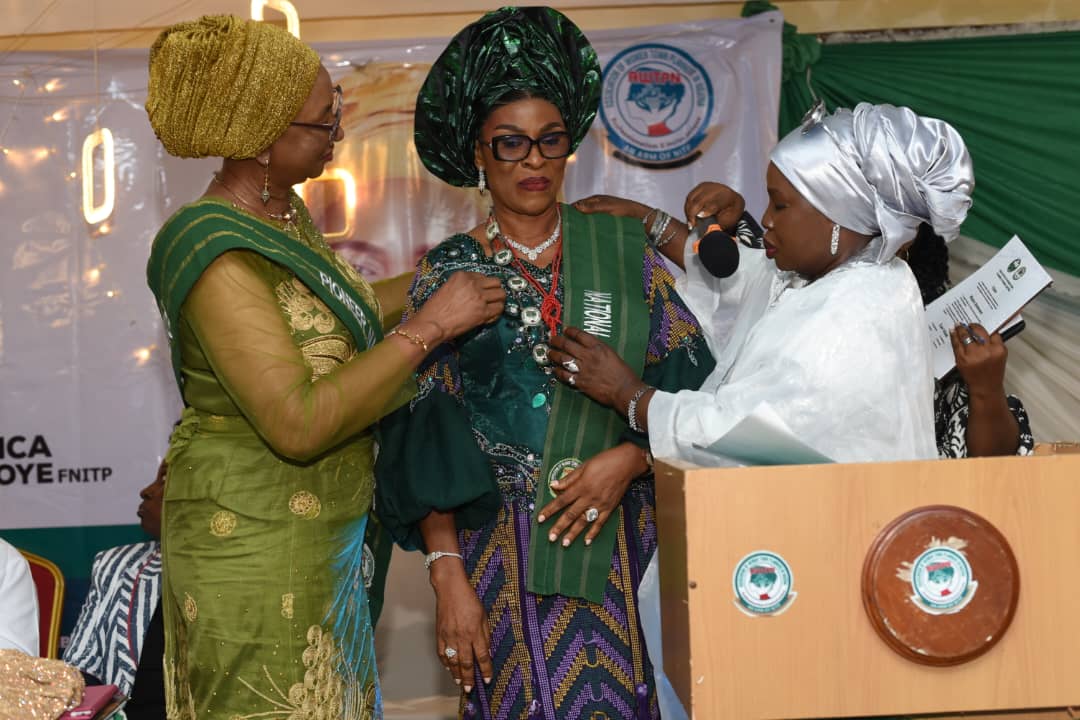Towards safeguarding the building industry and driving innovation-led growth, the Federal Ministry of Science, Technology, and Innovation (FMSTI), in partnership with regulatory agencies and the private sector, have signed a Memorandum of Understanding (MOU) to address critical challenges confronting the construction sector.
The agreement with the Council for the Regulation of Engineering in Nigeria (COREN), Council of Nigerian Mining Engineers and Geoscientists (COMEG), Council of Registered Builders of Nigeria (CORBON), and partner Tectonics Engineering Consults will tackle structural failures, regulatory fragmentation, skills deficits, and the rise of quackery.
The multi-agency alliance marks a shared commitment to integrate emerging technologies, strengthen professional capacity, and ensure compliance with global standards.
The MoU establishes a collaborative framework focusing on national compliance monitoring, joint inspections to uphold construction standards, emerging technologies adoption, integration of digital engineering tools, smart materials, and advanced geotechnical innovations, as well as joint accreditation of testing facilities, and ensuring material and process quality across the industry.
The organisations will also pilot demonstration projects, real-world application of innovative technologies, professional development, structured training on compliance, sustainability and digital transformation, data-driven policy reform and transparent sharing of findings to inform national standards.
Speaking on the initiative, the Minister of Science, Technology, and Innovation, Uche Nnaji, said, “The collaboration reflects the ministry’s commitment to using science, technology, and innovation as tools for national development. By coordinating regulatory efforts and embracing innovation, we aim to strengthen public trust and enhance the integrity of infrastructure.”
In his remarks, COREN President, Prof. Sadiq Abubakar, said: “With this partnership, we are strengthening the frontline of engineering regulation, a proactive response to structural collapse incidents and professional malpractice.”
Chief Executive Officer of Tectonics Engineering Consults, Aisha Kawu Gombe, said: “This alliance will help close critical gaps in skills, monitoring, and innovation adoption. Our youth deserve access to industry-relevant skills, and Nigeria deserves infrastructure built to last.”
The Guardian learnt that the National Steering Committee, led by the FMSTI, will drive the implementation of initiatives, ensure alignment with the country’s development agenda. Nigeria recorded 640 building collapse incidents, resulting in 1,595 deaths between 1974 and 2025. The partnership is expected to reverse this trend, enhance industry standards and boost employment opportunities.






